Why Sensory Play is Crucial for Brain Development
12 April 2025
Introduction
Alright, let’s talk about something that every parent, teacher, and caregiver should be obsessed with—sensory play. If you think letting kids splash in water, squish Play-Doh, or run their fingers through a bowl of rice is just messy chaos, think again! These seemingly simple activities are actually supercharging their brains and setting them up for success in ways you wouldn’t believe.
But why does sensory play matter so much? What’s really happening inside those tiny heads when they dig into a bin of kinetic sand or finger paint like little Picassos? Buckle up, because we’re about to break it all down—sass, science, and all.
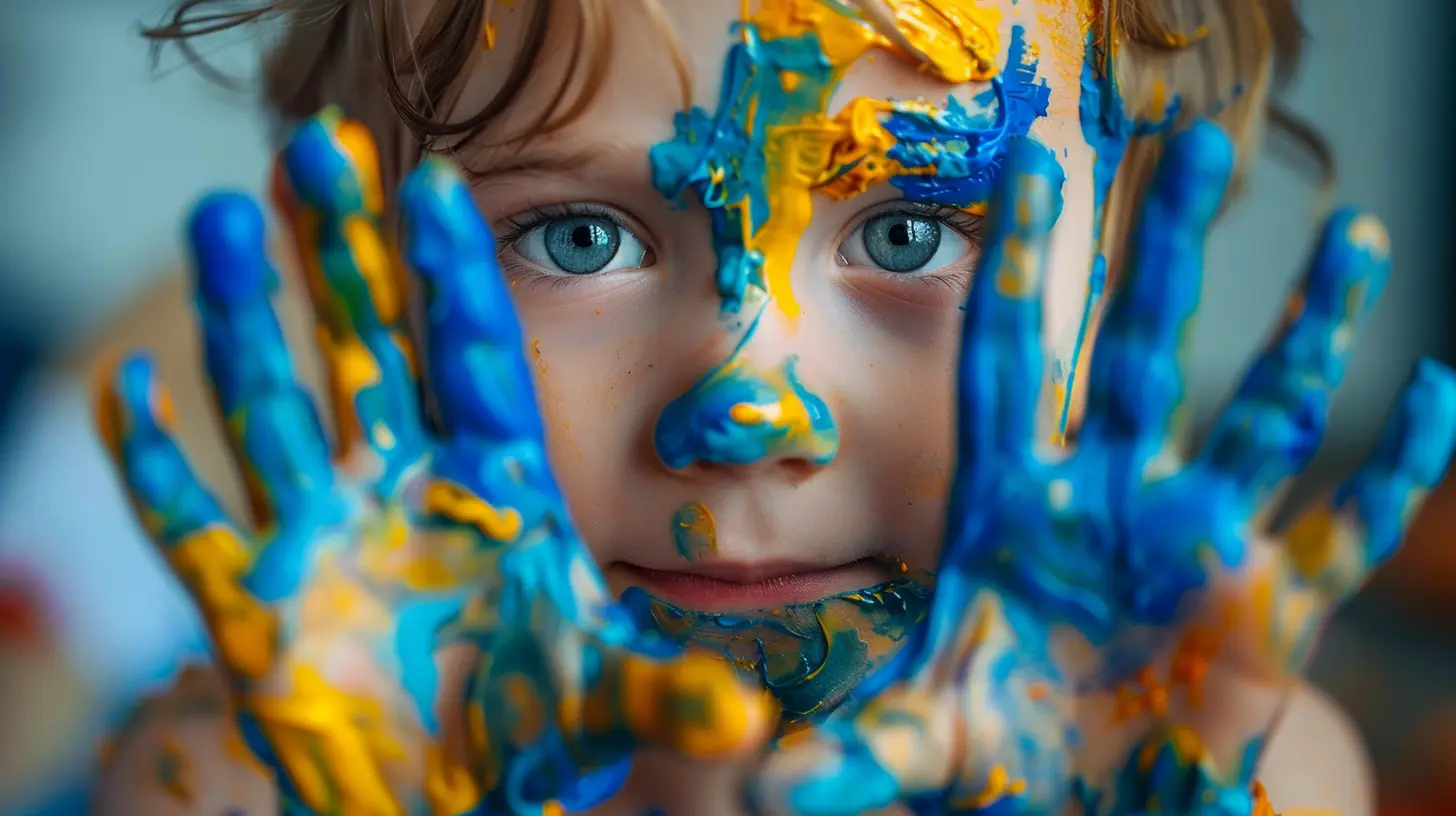
What is Sensory Play, Anyway?
Sensory play is any activity that engages a child’s senses—touch, taste, sight, sound, and smell. Basically, anything that lets them explore the world through hands-on experiences. This could be running barefoot through grass, squeezing slime, experimenting with different textures, or even playing with scented markers (remember those deliciously fake grape-scented ones?).But hold up, sensory play isn’t just about the five traditional senses. It also includes:
- Proprioception: The body’s ability to sense movement, action, and location. Activities like jumping, pushing, or carrying objects help kids develop this.
- Vestibular system: This is all about balance and coordination. Think spinning, swinging, and rolling—basically, all the things that make parents slightly nervous but kids absolutely love.
Now that we know what sensory play is, let’s get into why it’s such a big deal.
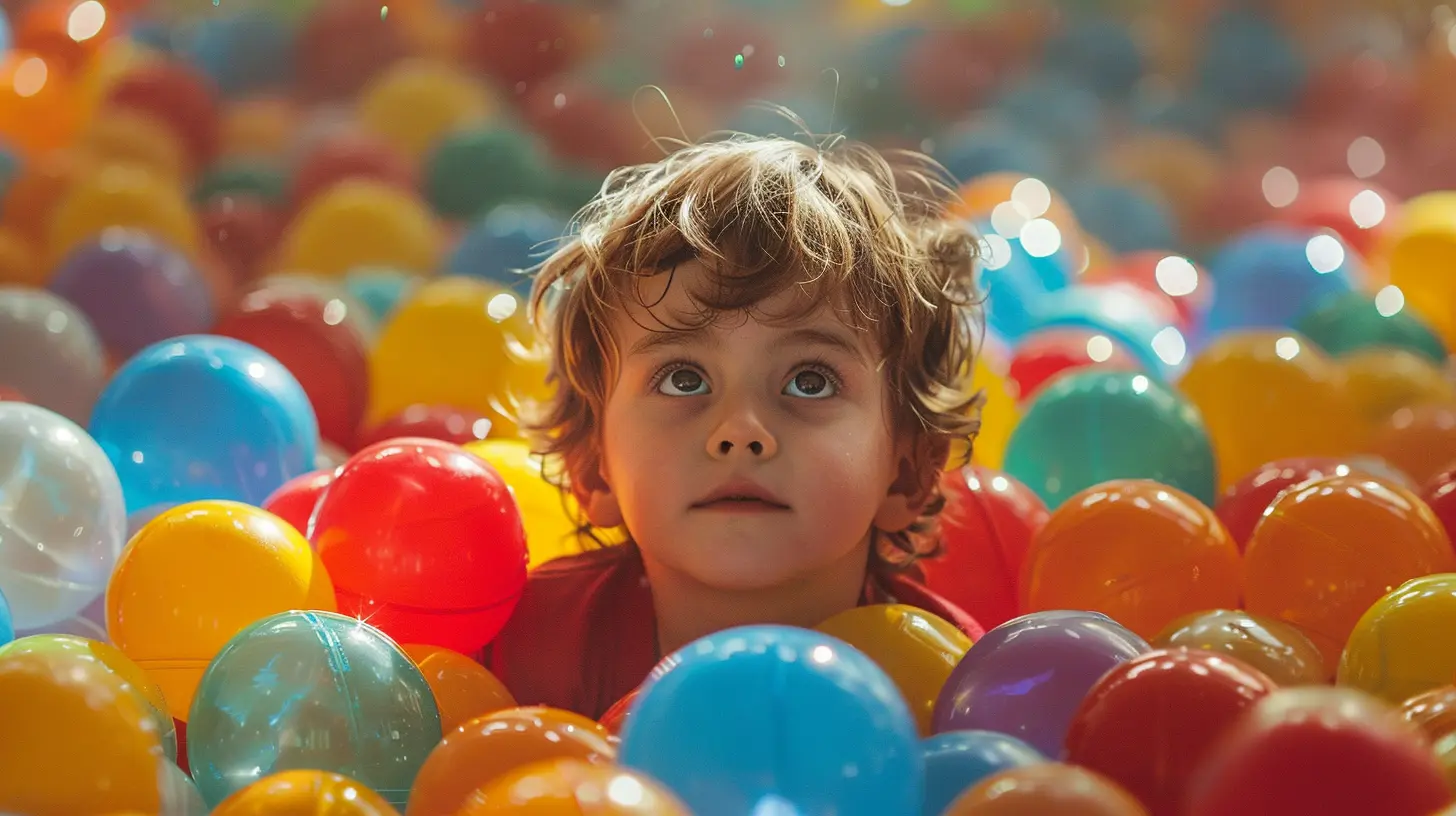
The Science Behind Sensory Play and Brain Development
Here’s the thing—kids aren’t just playing for fun (though it’s a nice bonus). Their brains are literally wiring themselves every time they engage in sensory experiences. Sensory play helps kids make sense of the world, and in the process, it boosts cognitive, motor, emotional, and even social development.1. Builds Neural Connections Like Crazy
Ever heard the phrase “neurons that fire together wire together”? That’s exactly what’s happening when kids engage in sensory play. Every time they experience a new texture, smell, or movement, their brain is creating and strengthening neural pathways. These connections are the foundation for higher-level brain activities like problem-solving, language development, and critical thinking.Think of it like building a highway. The more a child engages with different sensory experiences, the more solid and interconnected their neural roadmap becomes. Without sensory play, it’s like trying to navigate a city with dirt roads instead of highways—confusing, slow, and frustrating.
2. Boosts Fine and Gross Motor Skills
Ever watched a toddler trying desperately to pick up tiny Cheerios? That’s fine motor skill practice in action! Sensory play is an effortlessly fun way for kids to strengthen both fine and gross motor skills.- Fine motor skills (small movements like pinching, grasping, writing) are developed through activities like playing with clay, threading beads, or using tweezers to pick up objects.
- Gross motor skills (big movements like jumping, climbing, and running) get better when kids engage in kinetic sensory play like balancing on a beam, rolling down hills, or stomping through mud puddles.
The best part? Kids don’t even realize they’re working on these crucial skills because they’re too busy having a blast!
3. Enhances Cognitive Growth and Problem-Solving Skills
Sensory play has a sneaky way of boosting critical thinking without kids even noticing. When they squish, mix, and experiment, they’re actually engaging in mini science experiments—what happens when I add water to dry sand? How does this feel when I squeeze it?This casual exploration teaches cause and effect, improves memory, and encourages creativity. Basically, it turns tiny humans into little scientists without them ever realizing it!
4. Encourages Language Development
Ever noticed how kids love to narrate everything when they’re playing? “It’s sooo sticky!” or “Look, it’s melting!”—that’s sensory play working its magic on their language skills.When children explore new textures, sounds, and materials, their vocabulary expands naturally. Words like squishy, rough, bumpy, sticky, gooey, soft all stem from tactile experiences.
Additionally, sensory play often involves social interaction, which means kids are constantly communicating, describing, and learning new words—without the need for dull flashcards!
5. Reduces Stress and Improves Emotional Regulation
Kids get stressed too! And just like adults, they need ways to regulate their emotions. Sensory play is an amazing stress-reliever, helping them calm down and process feelings.- Activities like playing with water, sand, or playdough can be incredibly soothing.
- Engaging in movement-based sensory play, like swinging or rocking, helps stabilize emotions.
Ever handed a frustrated child some slime or kinetic sand and watched them immediately relax? That’s science at work. Engaging in sensory activities helps kids express emotions in a healthy way and learn self-regulation techniques.
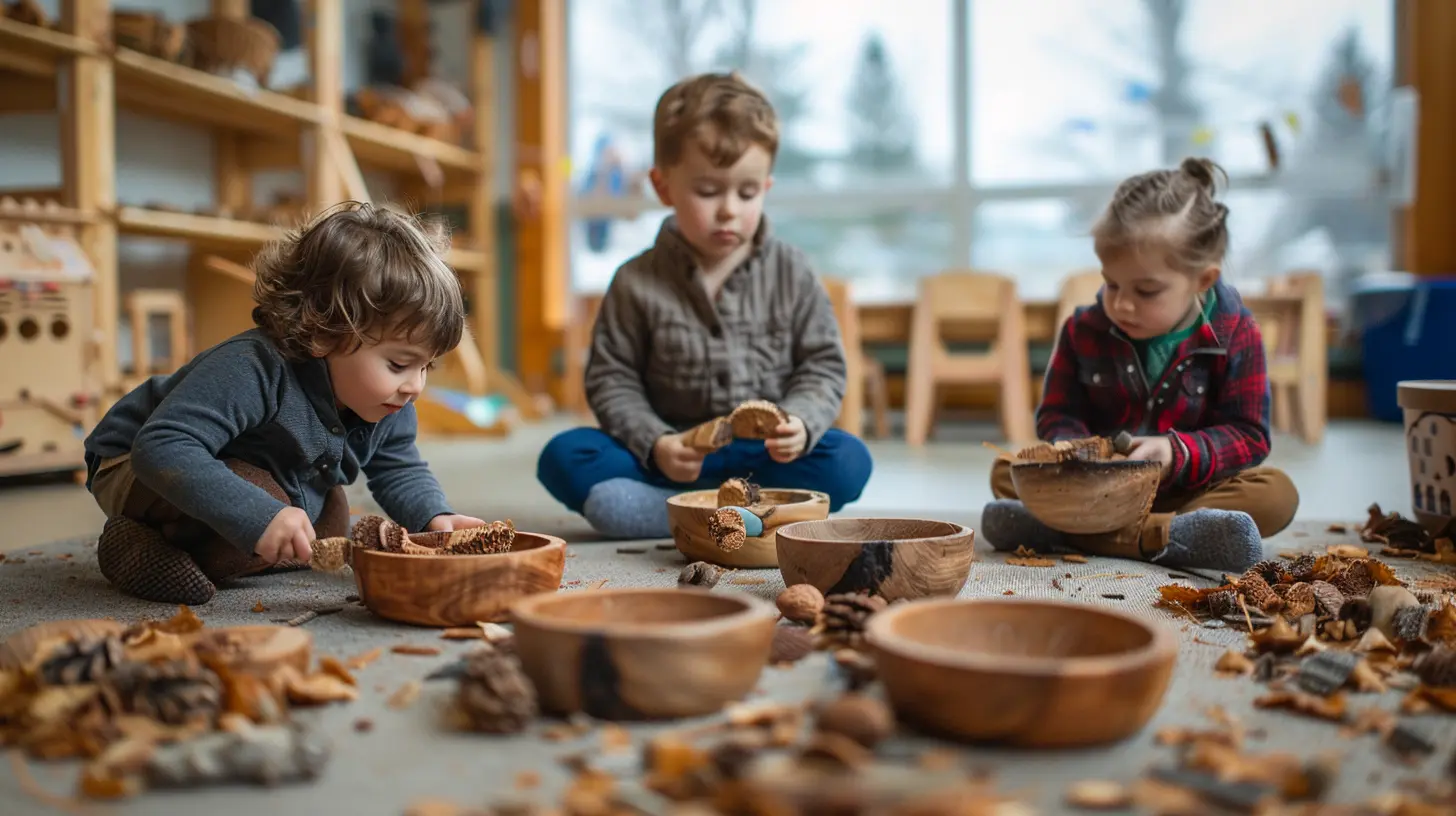
Best Sensory Play Activities for Brain Development
Now that we know why sensory play is essential, let’s get to the fun part—activities you can actually try! Whether you’re a parent, teacher, or caregiver, these ideas will keep little minds engaged and growing.For Babies (0-12 months)
- Tummy time on different textures (soft rugs, silky fabrics, crinkly paper)- Sensory bottles filled with water, glitter, and beads
- Touch-and-feel books with various textures
- Bath time splash play with different temperatures and objects
For Toddlers (1-3 years)
- Messy play with edible finger paints or yogurt- Water play with cups, sponges, and spoons
- Scooping and pouring dry rice or beans
- Bubble wrap stomping for a satisfying crunch
For Preschoolers (3-5 years)
- Kinetic sand play (because who doesn’t love kinetic sand?)- Ice excavation—freezing small toys in ice and letting them “rescue” them
- DIY sensory bins filled with pasta, pom-poms, or shaving cream
- Outdoor mud kitchens for messy pretend play
For Older Kids (5+ years)
- Slime-making (a sensory classic!)- Blindfolded taste tests to explore different flavors
- Obstacle courses that involve balance, climbing, and movement
- Cooking and baking—measuring different textures and mixing ingredients
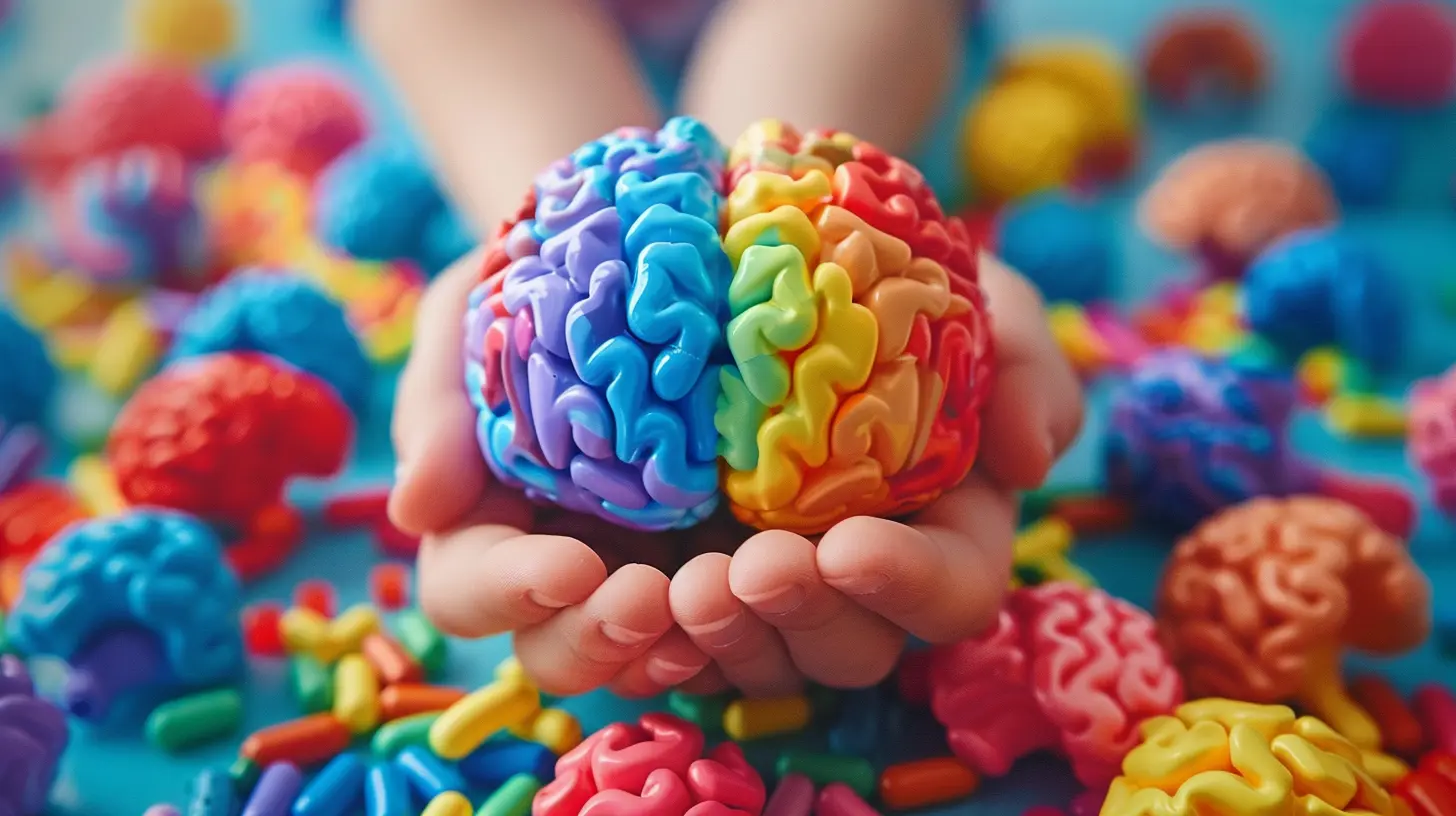
Conclusion
Sensory play isn’t just a fun way to entertain kids—it’s a crucial building block for brain development. From boosting motor skills and language development to improving emotional regulation, these hands-on experiences create a solid foundation for learning and growth.So the next time you see a kid covered in paint, making a mess with Play-Doh, or stomping through mud, don’t panic. They’re not just playing—they’re building their brains, one squish at a time.
And honestly? That’s a pretty amazing (and slightly messy) thing.
all images in this post were generated using AI tools
Category:
Early Childhood EducationAuthor:

Madeleine Newton
Discussion
rate this article
7 comments
Idris Collins
How does sensory play specifically boost brain connections?
May 4, 2025 at 12:33 PM

Madeleine Newton
Sensory play stimulates various senses, promoting neural connections by engaging different brain areas. This multi-sensory experience enhances cognitive development, problem-solving skills, and creativity.
Benjamin Larsen
Sensory play fosters creativity and cognitive skills, making it essential for children's overall brain development.
April 19, 2025 at 3:00 AM

Madeleine Newton
Absolutely! Sensory play not only enhances creativity but also supports vital cognitive skills, laying a strong foundation for healthy brain development in children.
Layne Patel
Sensory play not only stimulates brain development but also enhances cognitive, social, and emotional skills. Engaging with diverse sensory experiences fosters creativity and problem-solving, laying a strong foundation for lifelong learning.
April 18, 2025 at 12:54 PM

Madeleine Newton
Thank you for highlighting the multifaceted benefits of sensory play! It truly is vital for holistic development in children.
Rylan Murphy
This article beautifully highlights the importance of sensory play in brain development. Engaging with sensory experiences not only fosters creativity but also enhances cognitive and emotional growth in children. Thank you!
April 16, 2025 at 8:36 PM

Madeleine Newton
Thank you for your insightful comment! I’m glad you found the article valuable in highlighting the vital role of sensory play in children’s development.
Sloan Russell
Who knew that making a mess could be a brain boost? Let the sensory chaos begin!
April 16, 2025 at 12:14 PM

Madeleine Newton
Absolutely! Sensory play stimulates brain connections and fosters creativity—embracing the chaos is key to development!
Skyler Mason
Great insights! Sensory play truly nurtures creativity and cognitive growth, fostering essential skills for lifelong learning.
April 14, 2025 at 12:54 PM

Madeleine Newton
Thank you! I'm glad you found the insights valuable. Sensory play is indeed vital for nurturing creativity and cognitive skills!
Cara Clarke
Sensory play significantly enhances brain growth and essential skills.
April 13, 2025 at 11:49 AM

Madeleine Newton
Absolutely! Sensory play stimulates neural connections, fostering cognitive and motor skills essential for healthy brain development.
MORE POSTS

How to Challenge Assumptions to Foster Critical Thought

How to Build Confidence When Speaking a New Language

The Role of Critical Thinking in Problem Solving

How to Encourage Self-Care Habits Among Students

Enhancing Digital Literacy: Navigating the Online World
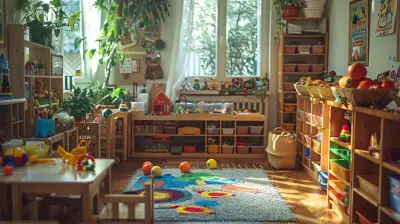
How to Create a Learning Environment that Promotes Independence